Back to Courses


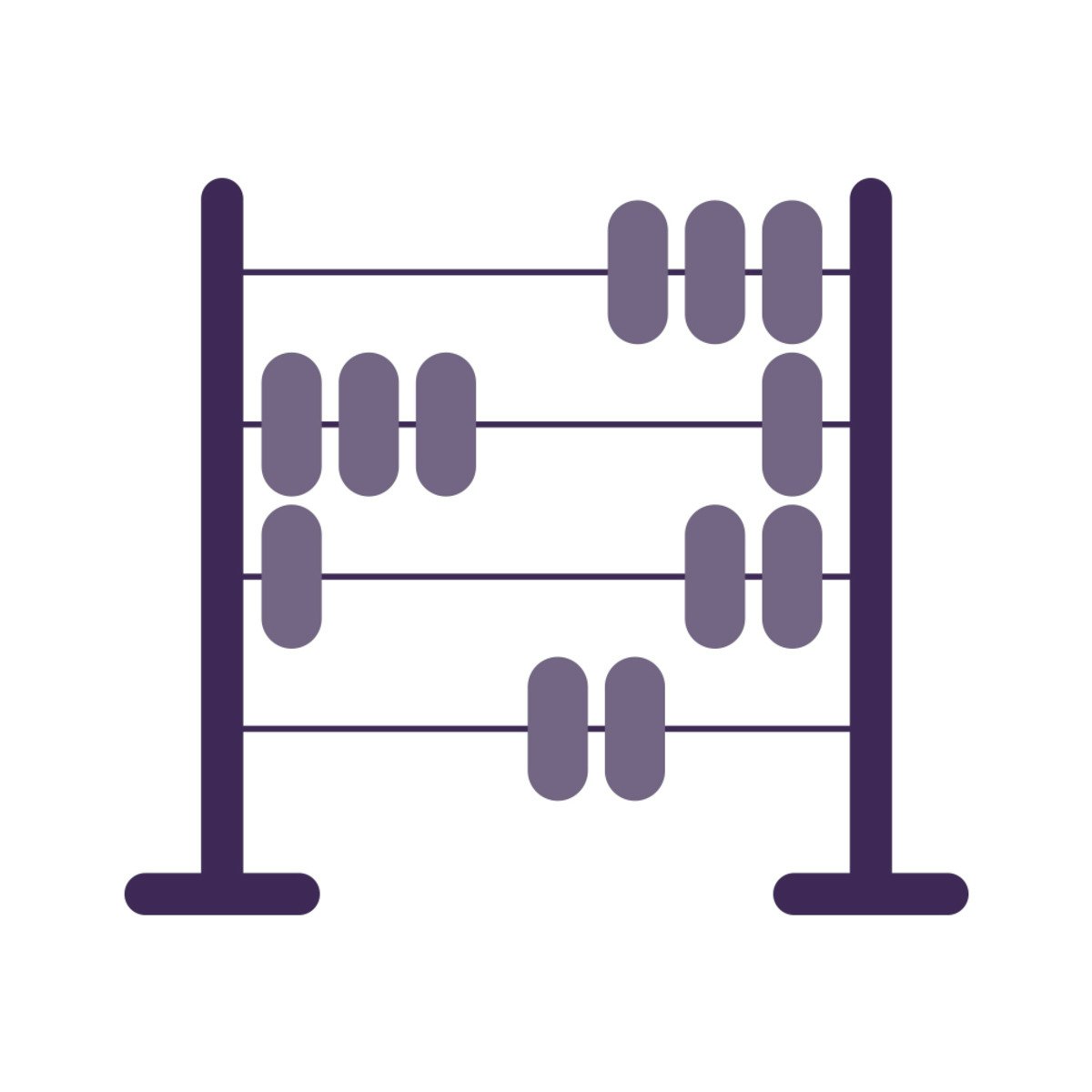
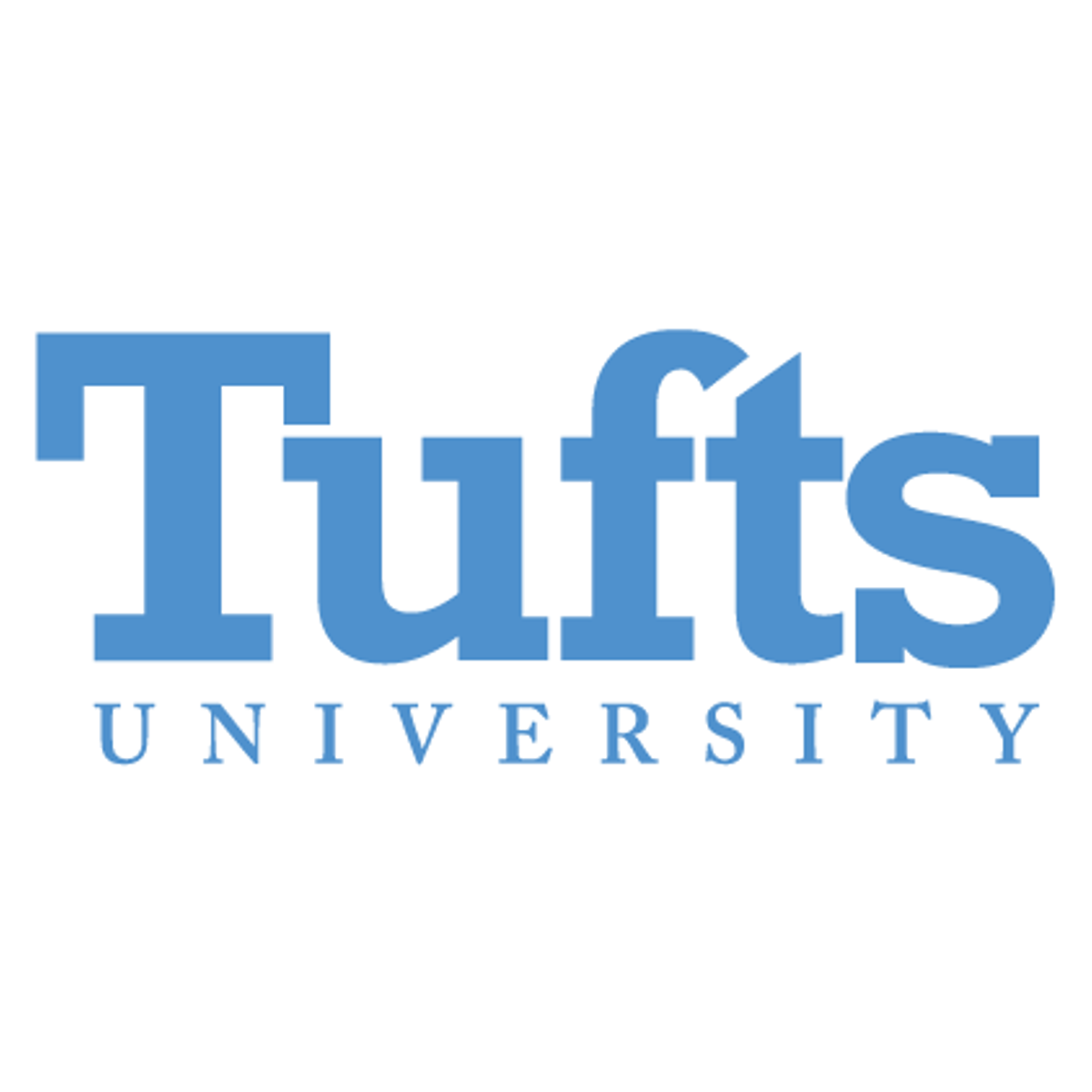
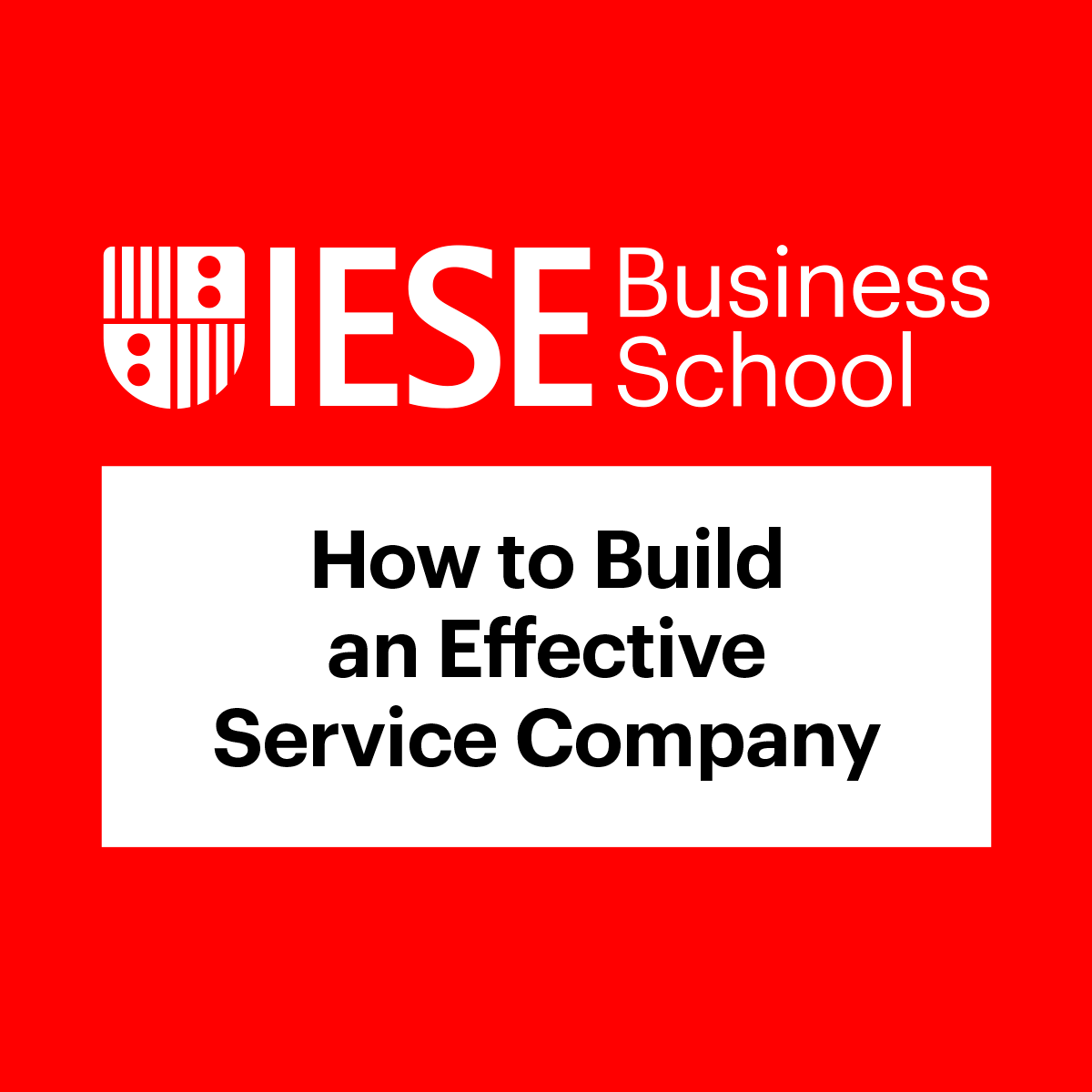
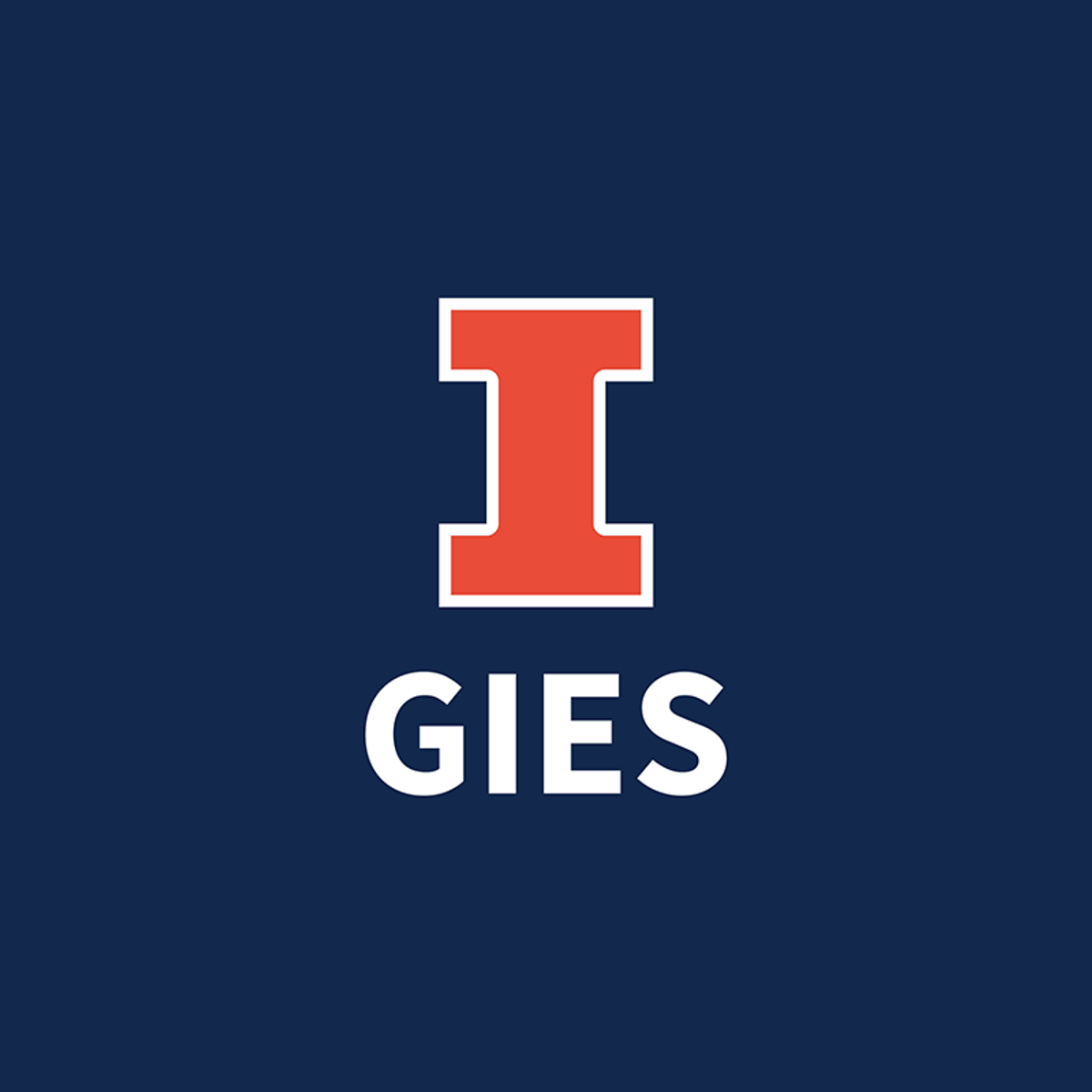

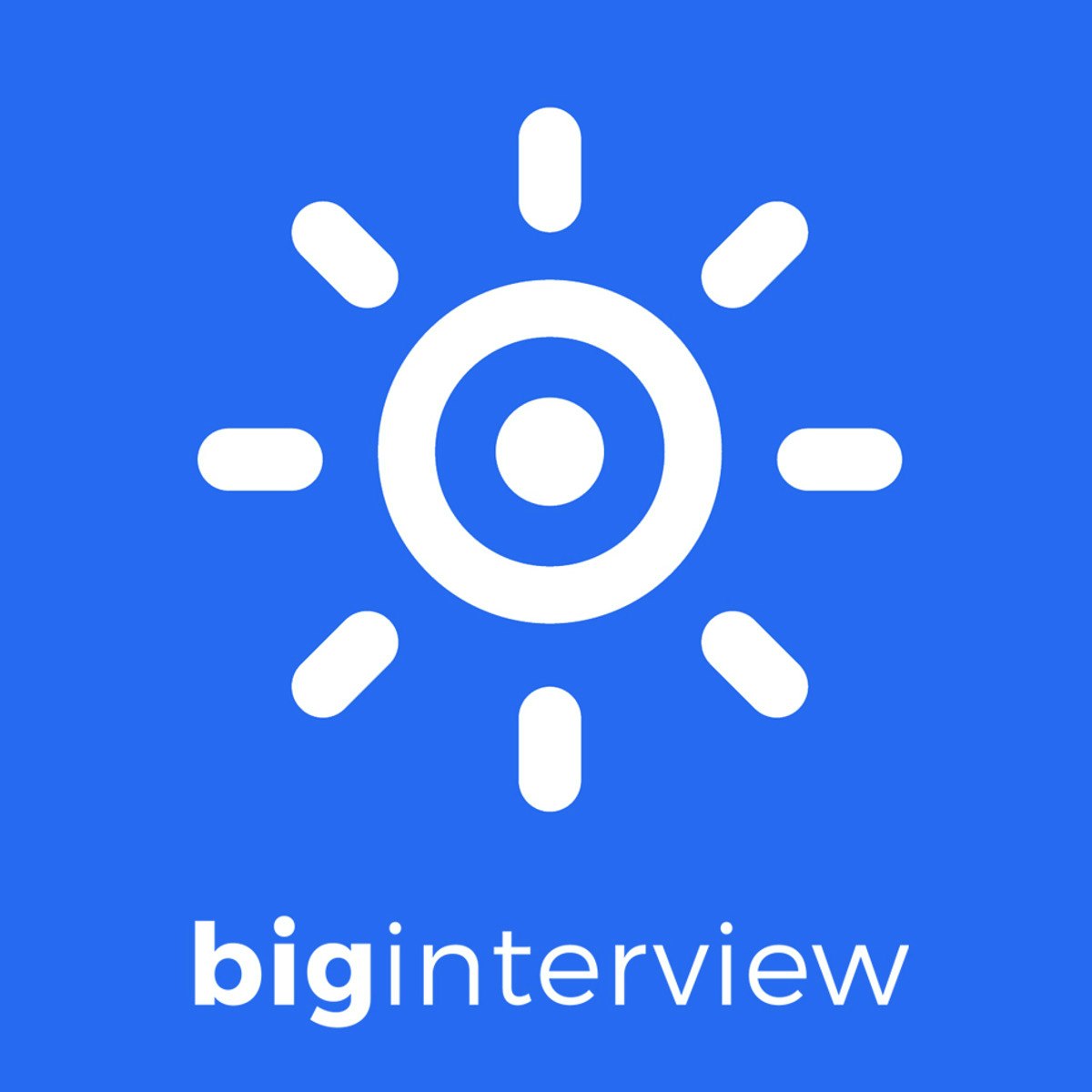

Business Essentials Courses - Page 24
Showing results 231-240 of 645

Analyze Apple's Stock and Financials with Bloomberg Terminal
In this 1-hour long guided tutorial, you will learn how to use Bloomberg to access equities and financials data, analyze and interpret stock and financial data, use Bloomberg DES, GP, ANR, FA, MODL, and EQRV functions.
Note: This tutorial works best for learners who are based in the North America region. We're currently working on providing the same experience in other regions.
This tutorial requires access to Bloomberg Terminal.
This tutorial’s content is not intended to be investment advice and does not constitute an offer to perform any operations in the regulated or unregulated financial market.

Income Features in ProfitBooks
By the end of this project you will be able to use ProfitBooks to manage your small business’ income. You will learn about sales orders, invoices, services, and estimates. You will be able to take a sales order from beginning to end in the system, as well as reconcile invoices attached to sales orders. As you continue through the project you will learn how to manage inventory, add services, and create estimates for customers. You will gain the fundamentals to manage income using ProfitBooks.
ProfitBooks hosts your information on the secure and widely-trusted Amazon Web Services (AWS). The company has also implemented additional security features like secure-access, built-in firewalls, encrypted data storage and periodic back-ups to keep your data safe. You can read more about their security policy here: https://www.profitbooks.net/cloud-data-security/

Fundamentals of GIS
Explore the world of spatial analysis and cartography with geographic information systems (GIS). In this class you will learn the basics of the industry’s leading software tool, ArcGIS, during four week-long modules:
Week 1: Learn how GIS grew from paper maps to the globally integrated electronic software packages of today. You will install ArcGIS on your computer and learn how to use online help to answer technical questions.
Week 2: Open up ArcGIS and explore data using ArcMap. Learn the foundational concepts of GIS, how to analyze data, and make your first map.
Week 3: Make your own maps! Symbolize data and create an eye-catching final product.
Week 4: Share your data and maps and learn to store and organize your data.
Take Fundamentals of GIS as a standalone course or as part of the Geographic Information Systems (GIS) Specialization. By completing the first class in the Specialization you will gain the skills needed to succeed in the full program.
Students who need an ArcGIS license will receive a non-commercial, 1 year student license for participation in this course and specialization.

Quantitative Foundations for International Business
This course provides the essential mathematics required to succeed in the finance and economics related modules of the Global MBA, including equations, functions, derivatives, and matrices. You can test your understanding with quizzes and worksheets, while more advanced content will be available if you want to push yourself.
This course forms part of a specialisation from the University of London designed to help you develop and build the essential business, academic, and cultural skills necessary to succeed in international business, or in further study.
If completed successfully, your certificate from this specialisation can also be used as part of the application process for the University of London Global MBA programme, particularly for early career applicants. If you would like more information about the Global MBA, please visit https://mba.london.ac.uk/.
This course is endorsed by CMI

Hypothesis Testing with Python and Excel
In today's job market, leaders need to understand the fundamentals of data to be competitive. An essential procedure to understand business and analytics is hypothesis testing. This short course, designed by Tufts University expert faculty, will teach the fundamentals of hypothesis testing of a population mean and a population proportion, using Excel and Python for calculations. You'll also discover the central limit theorem, which is essential for hypothesis testing. To conclude the course, you will apply your newfound skills by creating a plan for an experiment in your own workplace that uses hypothesis testing.

How to Build an Effective Service Company
Why do so many brilliant plans fail to deliver? What do you have to do to make things happen and make things right in services companies or service areas? Our teams require a new structured operational mindset that unifies improvement, promised service delivery and financial results.
Just in time, Lean, Agile, Design Thinking... Are these movements familiar to you? Professor Muñoz-Seca has developed a framework that goes beyond these approaches: SPDM (Service Problem Driven Management) makes knowledge the corner stone of service efficiency and excellence. This new operational service structure is created to make your team overcome constant challenges and feel deeply involved in your service delivery. SPDM introduces a "magic formula" complementing these movements. Task equals problem equals knowledge, becomes the driving force to free up time to adopt new value-added tasks that improve both service efficiency, your team fulfillment and the company financial results.
In this course, you will follow four companies, each in a different service sector (finance, gas service delivery, back office of a bank and tourism), as they implement SPDM to address the problems that do not allow them to deliver an excellent service and improve their results. Through these cases, and the application of this practical framework, you will gain a deep understanding of how to increase your efficiency and adopt a cutting-edge operations model that provides a 5 star service linked with financial improvement.
Financial Reporting Capstone
The Capstone is the culminating project in the Financial Reporting Specialization. You will have the opportunity to combine the concepts and techniques obtained through all the courses in this specialization (Accounting Analysis I: The Role of Accounting as an Information System, Accounting Analysis I: Measurement and Disclosure of Assets, Accounting Analysis II: Measurement and Disclosure of Liabilities, and Accounting Analysis II: Accounting for Liabilities and Equity) and apply them to a real world accounting project. The Capstone project will be 3 weeks long. You must take the Capstone project class after taking all the other courses in this Specialization.

Negotiation skills: Negotiate and resolve conflict
Modern organisations are characterised by increasingly higher levels of uncertainty, complexity and diversity. In our current globalised work environment, how can you manage the power and politics that persistently influence organisational decision-making? Being savvy about organisational politics and having the nous to negotiate and resolve conflict is a critical capability for managers at all levels. This course will develop your negotiation and conflict resolution skills – crucial to becoming a positive influence in your organisation. Via structured learning activities (video lectures, quizzes, discussion prompts and written assessments) you will conceptualise and measure power and politics; analyse and develop strategies for influencing stakeholders; and learn how to act with integrity and purpose when ‘playing politics’.

The Art of the Job Interview
Learn how to prepare for a job interview the right way! This unique collaboration between Big Interview and Coursera will teach proven techniques to help you turn your interviews into job offers. You'll learn what interview questions to expect and how to answer them. You'll also get access to interactive tools to guide you in outlining answers to key questions and practicing until you feel confident. The course also provides guidance on how to optimize your resume using the Big Interview resume builder and how to use networking to uncover more job leads.
This course was created by career coach Pamela Skillings, founder of Big Interview and featured in The Wall Street Journal, New York Times, and other publications. For those new to interviewing, we'll take you from beginner to expert. For those with some interview experience, we offer advice and tools to help you address any weaknesses in your current approach and get better results.
Please note that you will need a webcam and microphone to use the interactive practice interview tools in some sections of the course.

RPA Basics and Introduction to UiPath
The RPA Basics and Introduction to UiPath course provides knowledge on Robotic Process Automation basic concepts. It also introduces you to the UiPath Platform and its core components. The course provides a detailed explanation of UiPath Studio User Interface and its features. By the end of the course, you will be able to build your first automation project in UiPath Studio.
Popular Internships and Jobs by Categories
Find Jobs & Internships
Browse
© 2024 BoostGrad | All rights reserved